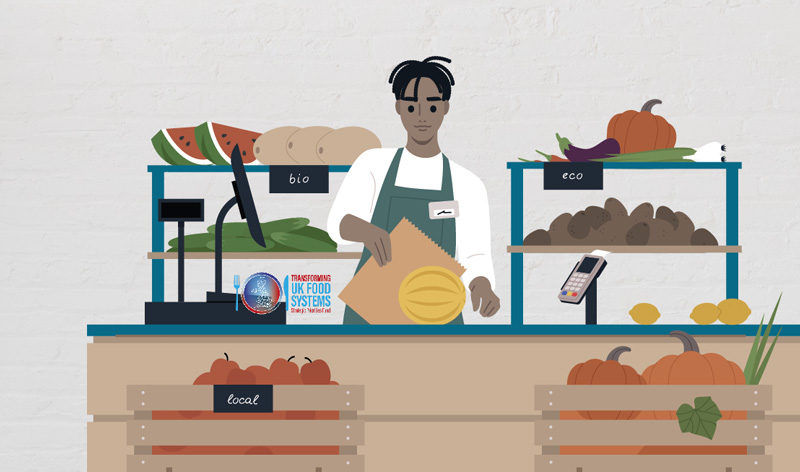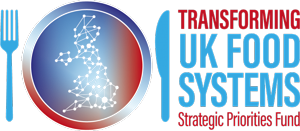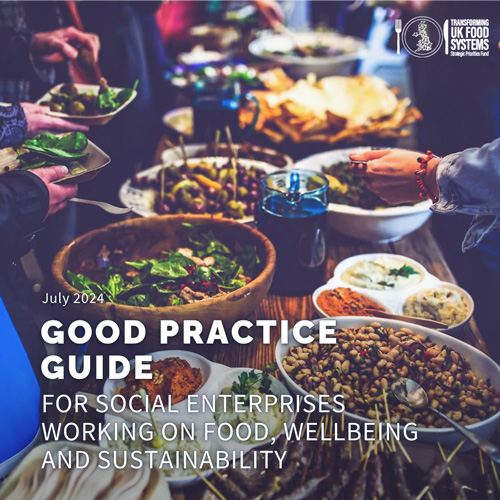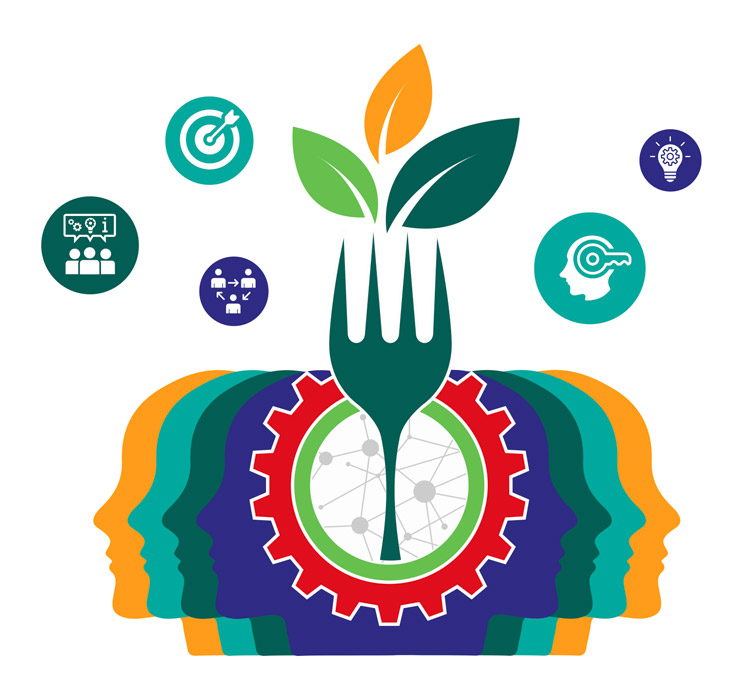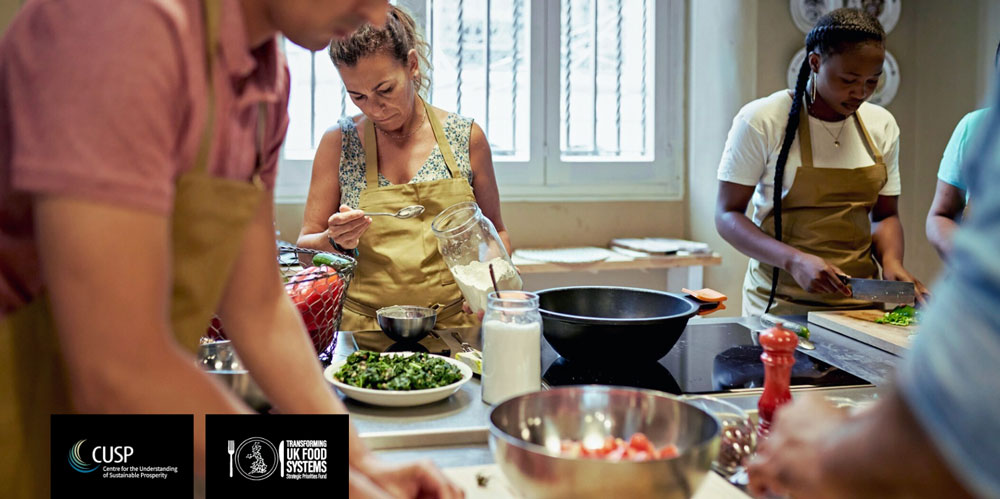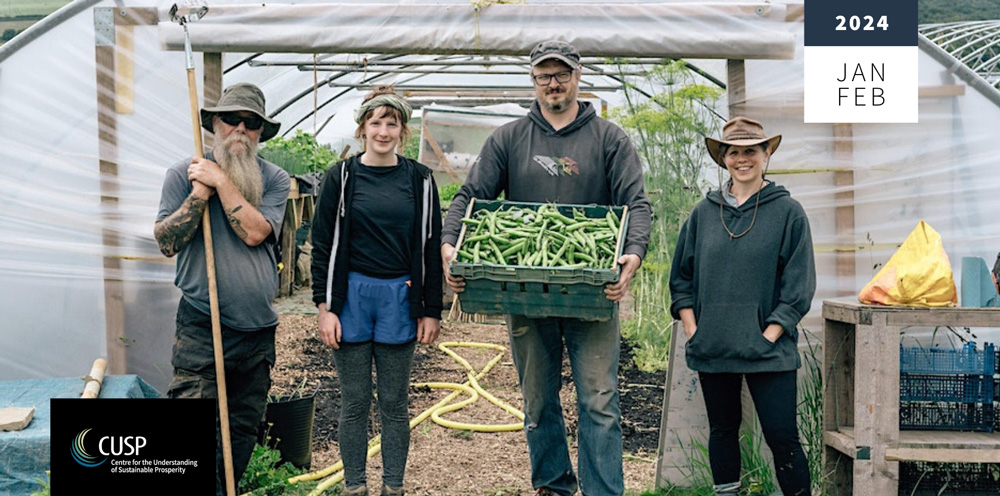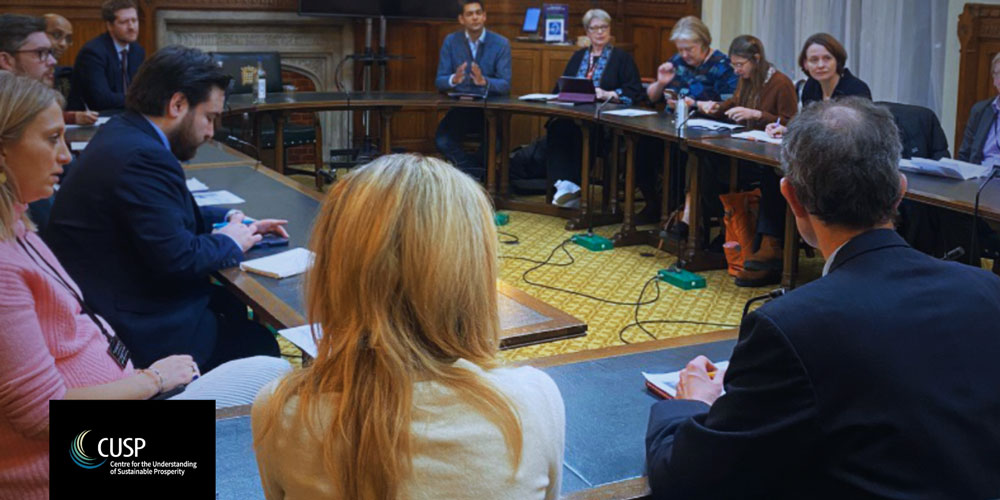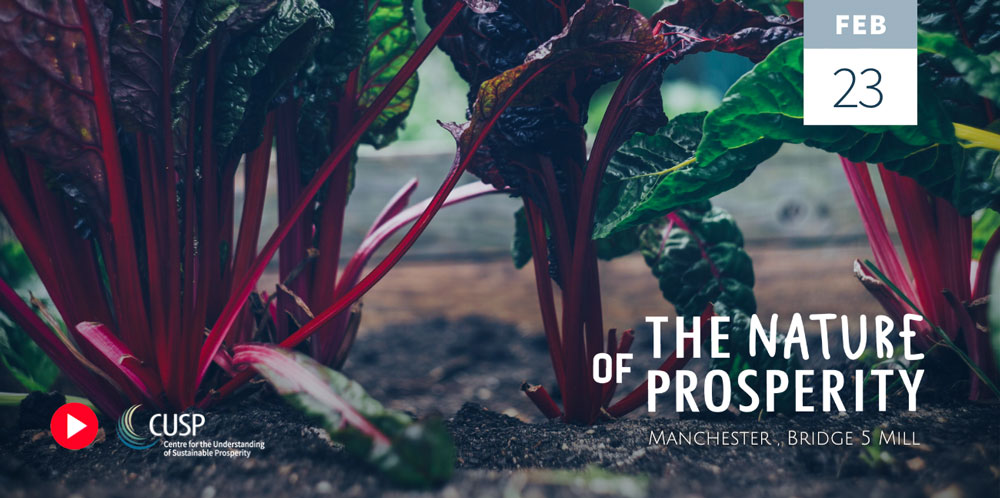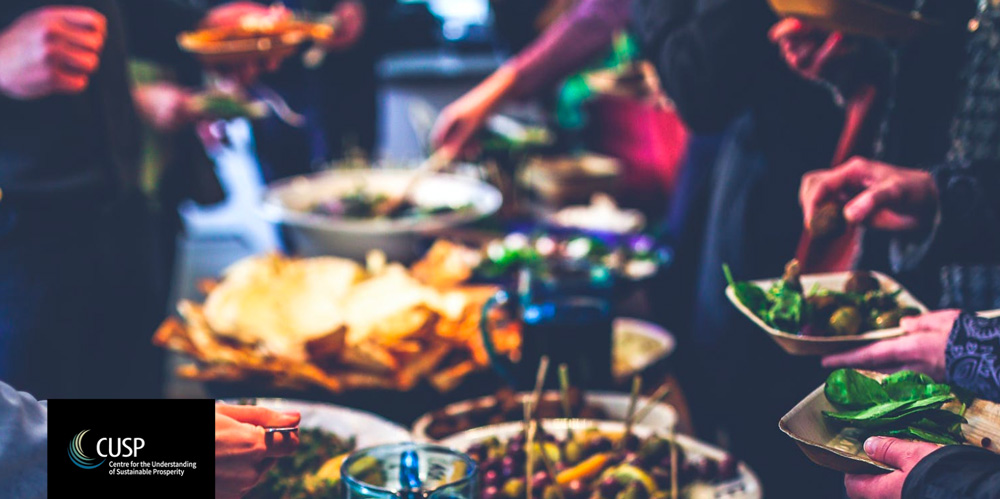THEMES / POLITICS & ENTERPRISE / SEFS
Social enterprise as a catalyst for sustainable and healthy local food systems
As part of the UKRI Transforming UK Food Systems programme, this project will investigate social enterprises providing community growing spaces and distribution schemes, leisure and fitness centres, children’s nurseries and other community-based services. The project will focus on their unique contribution to food systems that are more inclusive, sustainable and healthy.
Challenge
The scale of change needed to transform UK food systems for health, social justice and environment requires fresh ideas, new organisational models and collaborative approaches that can meaningfully engage individuals and communities. Existing top-down approaches to the challenge of sustainable food provision and diet have failed to tackle the crisis of poor dietary health and sustainable food production. The project will focus on the distinctive role of social enterprises (i.e. trading organisations with a core social and environmental purpose), exploring and enhancing their unique contribution to food systems that are more inclusive, sustainable and healthy. The research will investigate social enterprises providing community growing spaces and distribution schemes, leisure and fitness centres, children’s nurseries and other community-based services.
Aim
The aim of the project is to understand and support the contribution of social enterprises (SEs) to local food systems that are healthy, sustainable and inclusive:
- How are Social Enterprises enabling community engagement around food and wellbeing?
- How can different SE models and innovations be scaled up or replicated for wider beneficial impact across the UK?
- How can scientific analysis of diet and food life-cycle assessment help to assess and improve the impacts of SE services and innovations?
Research findings will be used to co-design resources and toolkits to support the scaling-up and/or replication of successful models and innovations and the sharing of good practice across the country.
This is not without its challenges of course, and part of the project is to examine the various barriers and constraining factors and how they can best be addressed.
In addition to good practice guides for social enterprises and other organisations across the country, policy briefings will be prepared, focusing on the different levels of local, regional and national policy making.
Good Practice Guide
The SEFS project explored how social enterprises of all kinds can bring forward innovations in healthy and sustainable food. It directly involved six social enterprises working in areas from community transport to early years education, as well as holding workshops with many other social enterprises. The insights and good practice in this guide come from them, with some additions from the observations and experiences of Shared Assets and academic partners.
It contains some questions to help you think through the tensions that can come as part of this work. It also has some ideas for ways to scale based on good practice that has emerged through the SEFS project, and signposts you to other sources of inspiration you might find helpful. We hope it will support the already sprouting shoots of a more equitable food system to expand and flourish.
The guide is also available in a shorter format as a poster.
Social Innovation for Food Systems Transformation:Lessons from the TUKFS programme
This report shows how many of the projects funded under the TUKFS programme are applying the principles of social innovation: new strategies, organisational designs and collaborations for meeting urgent social and environmental challenges. Compared to top-down innovation that is driven by ‘Big Science’ and powerful corporate interests, social innovation as a collaborative process aims to be much more inclusive of neglected ‘bottom-up’ voices. This includes many smaller enterprises and organisations with a role in food and wellbeing issues as well as many people who would just like a greater say as concerned consumers and citizens.
The report is available via the UKRI website.
Work streams
The works begins with a desk based overview of Social Enterprises focused on sustainable and healthy food consumption, drawing on existing literature and analysis of data sources such as SEUK State of Social Enterprise Survey to identify the forms and types of activity across the UK. It is followed by semi structured interviews with leaders and staff of case study SEs (with 3- 5 interviews per case study).
Leads: Fergus Lyon and Ian Vickers
This workstream focuses on the community and food environment in which the case study social enterprises work. The aim is to understand and bring together diverse local perspectives on healthy and sustainable food, to co-produce understandings of local food systems with the local community and SE actors, and to generate ideas for further innovation by SEs.
Leads: Kate Burningham and Anastasia Loukianov
The objective here is to identify what types of scientific knowledge and indicators are needed by SEs to measure and demonstrate their impact on nutrition and sustainability. We are using a Life Cycle Assessment (LCA) approach to consider the environmental and health impacts of initiatives and nutritional analysis of their impacts on healthy diets.
Leads: Zoe Harris and Monique Raats
Here, we are aiming to understand how transformational food system change can be achieved through scaling up social innovation. We will be drawing on learning from across the work streams to focus on the potential of SEs to transform food systems for health, social justice and the environment, exploring and communicating how their contributions can be scaled up.
Leads: Fergus Lyon and Kate Swade
In addition to enabling the delivery of other outputs across the work streams, we will develop recommendations and guidance for future trans-disciplinary research with a focus on co-design approaches to work with social enterprise.
Leads: Kate Burningham, Fergus Lyon and Kate Swade
Partners
The interdisciplinary research team will work closely with six partner social enterprises: Community Transport Glasgow (tackling access to affordable food), Cultivate Powys (local growing and social prescribing), London Early Years Foundation (nursery chef initiative), Selby Trust London (food and community hub), Social adVentures Salford (therapeutic growing and local food hub) and Windmill Hill City Farm Bristol (growing space and community hub).

Project Updates
About
The £47.5M Transforming the UK Food System for Healthy People and a Healthy Environment SPF Programme is delivered by UKRI, in partnership with the Global Food Security Programme, BBSRC, ESRC, MRC, NERC, Defra, DHSC, PHE, Innovate UK and FSA. It aims to fundamentally transform the UK food system by placing healthy people and a healthy natural environment at its centre, addressing questions around what we should eat, produce and manufacture and what we should import, taking into account the complex interactions between health, environment and socioeconomic factors. By co-designing research and training across disciplines and stakeholders, and joining up healthy and accessible consumption with sustainable food production and supply, this Programme will deliver coherent evidence to enable concerted action from policy, business and civil society.

